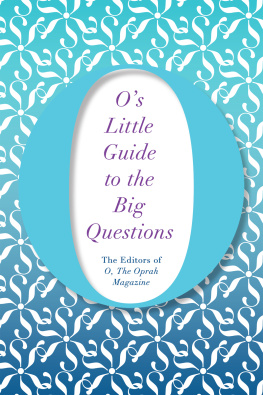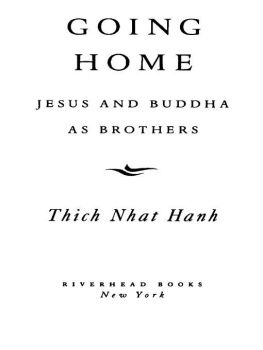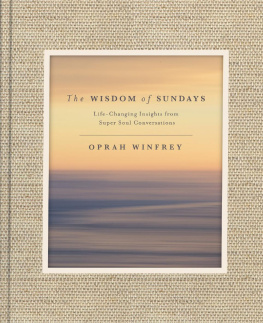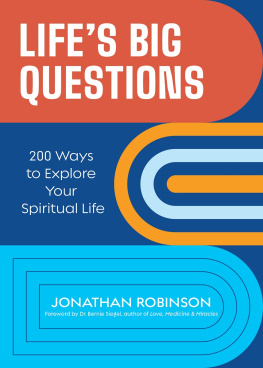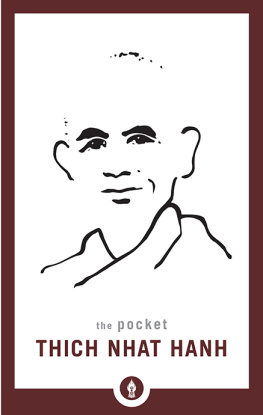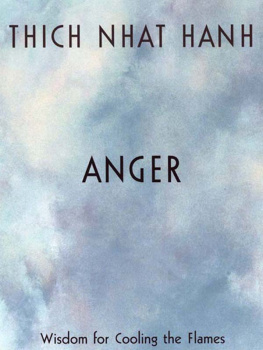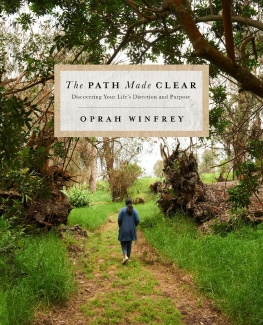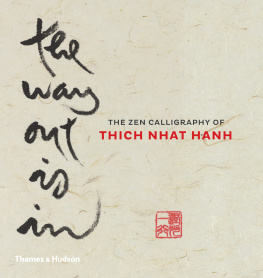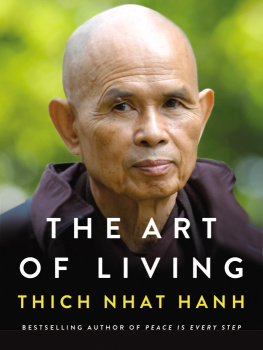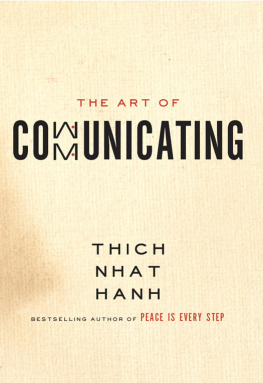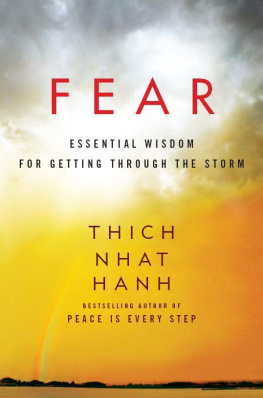Ive always thought of myself as a seeker.... I am beguiled by the mystery of life.
OPRAH WINFREY
Contents
How Do I Live a Full Life?
Pay attention.
Be astonished.
Tell about it.
MARY OLIVER
An Education
Amy Maclin
For seventeen years, I spent most of my waking hours in school doodling. I learned the types of clouds and what happens to a banana when you put it in liquid nitrogen. But there were never any classes on how to live. I wanted to know what we need to do to be happy, and how to make love last, and why we should keep washing the dishes when were all going to die someday.
In the absence of formal instruction, I became a self-help geek. My teenage raids on my mothers book closet taught me about erroneous zones and bad things that happened to good people and how Helen Gurley Brown was Having It All, which had me eagerly awaiting the prurient thrills of adulthood. (Still waiting.) After college I entered a diaphanous phase of Jungian archetypes; I greeted the millennium with Buddhist titles about the essentialness of emptinesseach one beautifully executed yet unsatisfying, like trendy foam food.
As I hurtled into my forties, I knew I was luckyI had a good husband, friends, interesting workbut I worried that I didnt deserve it all, or that I was messing it up, or that everything would be taken away. Id been an outwardly cheerful kid who was desperate to keep everyone happy but lay awake wondering, What if the world ends? Now I was an outwardly cheerful adult who did the same. I had the rest of my life to figure things out, but the rest of my life didnt seem like a long time anymore. Some things were changing rapidly (the topography of my skin, the resilience of my knees), and some things wouldnt be changing at all (Id always be a sensitive tub of goo, and Id never be a mothermy choice, but so final). I still hadnt grown up, and yet I was growing old.
It felt obscene to gnaw on my fears and regrets, because I was loved. How could I feel adrift in a universe where I had an embarrassment of riches? I had my husband, who held me when I was angry or sick or both. When I wept about the futuremine or our swiftly tilting planetshed say things that took my ungrateful breath away, like But youll always have me. The trouble with being forty-four years old was that I knew I might not.
No one can think about this stuff all the time and still live in the world, so I got therapy and figured Id just grimace and bear it. But then I found out that there really is a School of Life.
Headquartered in a London storefront, the school offers courses on the essential human conundrums, such as How to Choose a Partner or How to Make Your Mind Up. Founder Alain de Botton, writer of such cheekily pop-philosophical books as How Proust Can Change Your Life, wanted to create a place where ordinary people could illuminate their ordinary problems with insights gathered from literature or philosophyTolstoy on family happiness, Thoreau on solitude. Its tragic that everyone thinks they have to work everything out for themselves, because they dont, says de Botton. No more than we have to work out physics for ourselves.
Since childhood Ive been fascinated by stories about hidden worlds lurking behind some ordinary door, like Narnia. The School of Life seemed magical that way, tucked across the street from a place that sold Union Jack umbrellas (a number of which I bought and then forgot in pubs all over central London). Above the dark blue door, stenciled yellow letters promised GOOD IDEAS FOR EVERYDAY LIFE .
Inside, the requisite bookstore was airy and light, customers murmuring in English and Japanese, someone gently placing the lid on a china teapot. It was the way I wanted things to be in my head. I promptly bought a Utopia Candle, inspired by Thoreaus Walden Pond, with a top note of wild berries, and a Psychoanalytic Pencil Set, each one engraved with a psychological term (e.g., DEFENCE MECHANISM ). It was a boutique of self-help, and I was grooving on it.
I couldnt pass up How to Develop Emotional Health, 141 pages long and pop-art pink with one upturned curve on the cover; look again and you realize its a smile. This is the schools brand of wink-wink, nudge-nudge message: We know that you know its ridiculous to think a book thats half an inch thick could tell you everything about how to develop emotional health. But we know you wish it could. We wish it could, too. The absurdity of it all! Together, well figure out what we can.
Even the teachers embodied this roll-up-your-sleeves whimsy: Cathy, who said her creative muse had the fearlessness of Vivienne Westwood and the patience of Mr. Miyagi from The Karate Kid; John-Paul, who spent a year making his own clothes and wrote a book about it called Sew Your Own. As for the attendees, they ran the gamut: tattooed creative types, young mothers, thirty-ish guys in football jerseys, pillowy older ladies whom I hoped would call me Ducky.
Ive always been privately appalled by group therapy. All those judgmental strangers in chairs circled like one of the descending rings of hell. However, at The School of Life I found my fellow students funny and charming, prone to saying things like People with a high degree of self-mastery and self-knowledgeI envy those bastards. In How to Stay Calm, everyone shared the triggers of their anxiety and rage, like transatlantic flights or the ex-husband whos an absolute knob. None of it applied to me, and I wrote smugly in my notes, No big revelations here. Then a fifty-something man with the tiniest hole in his wool sweater said with urgency, What if your anxiety is more low-level but... chronic? Since I turned forty, Ive been walking around with it all the time. I sat up straighter then. I knew this song by heart.
Its not that Im constantly agonizing over the passing of time. Its more intermittent than that. Ill just be looking into a mirror with my head tilted a tiny bit and Ill see itthe skin that pulls at the hollow of my neck, so thin and delicate that I might as well be made of gauze. Then the fear slips up from behind and puts me in a choke hold. But when I look around at the bright world with its crisp edges, everyone is joking about wrinkles, each passing birthday that, hardy-har, beats the alternative! It was a balm to see another human being carrying the same burden I did, this middle-manager type who could be standing behind me in a sandwich line. I fought the urge to turn to him and shout, ME TOO! I didnt think Id ever fully felt the power of those two words before.
When I caught up with him at the break, he said, What did you do for your fortieth? I just went into a cave. I brightened. Oh, a cave! Where? He said, Er, not an actual cave. I just stayed in my apartment. I asked, It gets better, though, right? He looked at me kindly and answered, Somewhat.
At the beginning of each class, we were asked to write a newspaper headline about why we were there. In How to Balance Work with Life, our example was PRESSURIZED MANAGER DESPERATE FOR DATING TIME ! I put pen to paperand stopped. How could I know myself so little when I thought about me constantly? Had I been thinking, or was it just ruminating, the thing a cow does when she chews her regurgitated feelingsI mean, food?
The truth was, I had a secret shame. In all those self-help books I read, I never did the exercises. They would have just slowed me down, and I needed to move on to the next book because my self needed a lot of help. When John-Paul asked us to write about how we hid our work identities at home and our home identities at work, I felt a squirming eighth-grade restlessness and mentally willed him not to call on me. This is the downside of being in school: Someone in charge forces you to work. John-Paul reminded us that we had to make a conscious effort to find time for the things that mattered. And then he called on me. What could you lose in order to gain? he asked. I said, Watch less TV?

